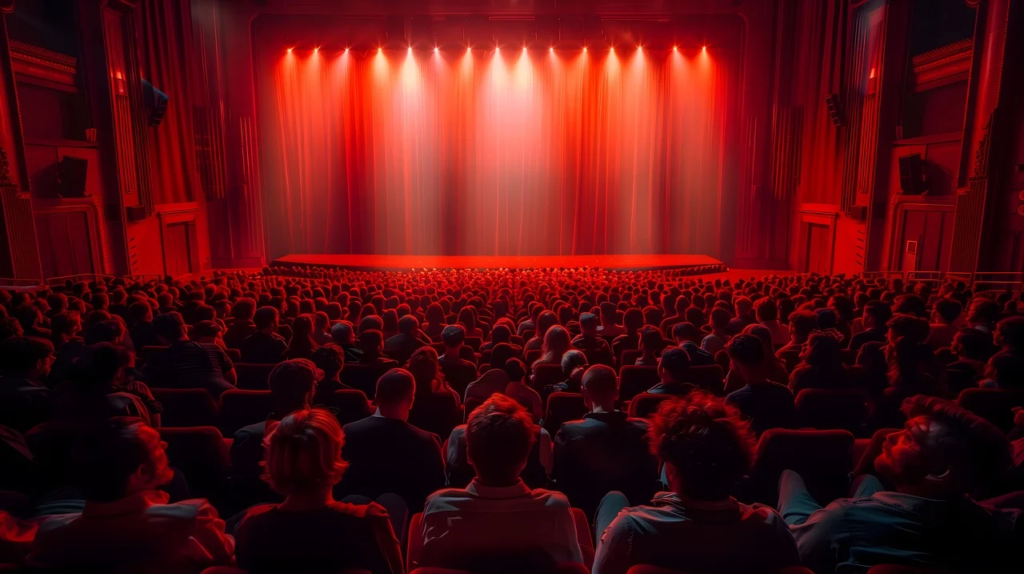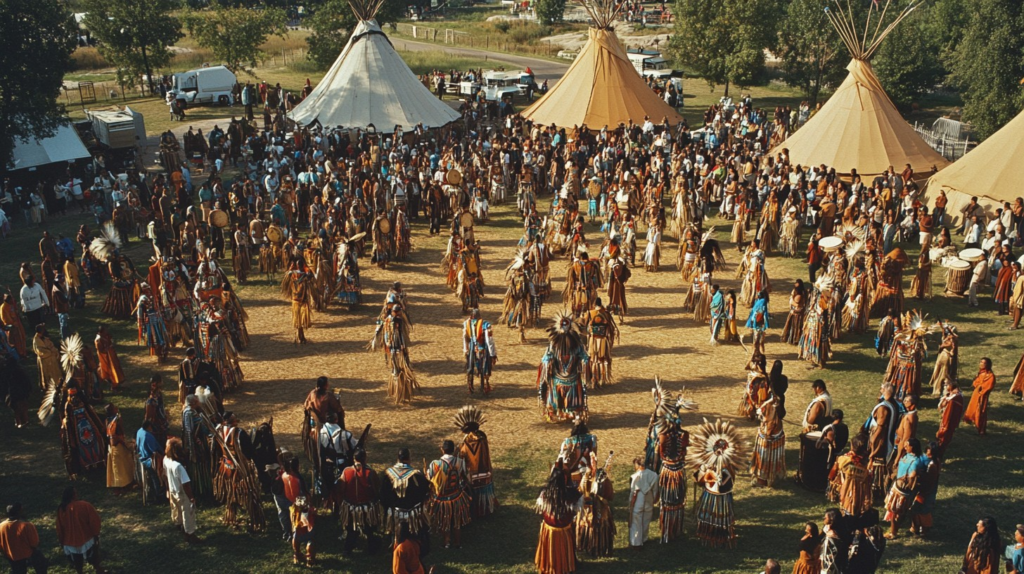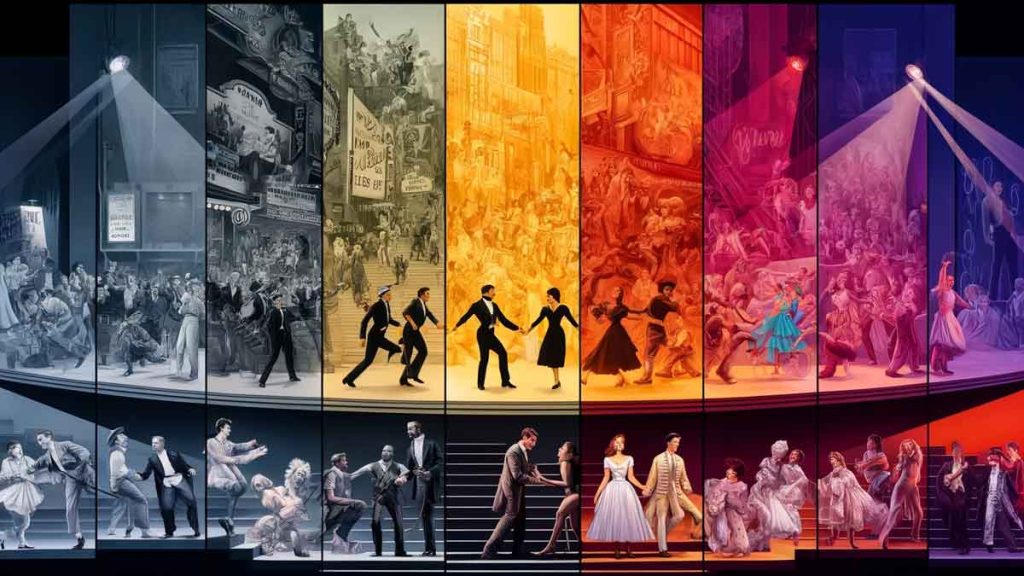Historical entertainment refers to the use of historical events, figures, or periods as the foundation for films, television shows, books, video games, theater productions, and other forms of media. This genre has been popular for centuries, and its enduring appeal lies in its ability to transport audiences to different times and places, providing both entertainment and education.
Here’s an overview of historical entertainment, including key genres, notable examples, and trends:
1. Film and Television

Historically-based films and TV shows are among the most prominent forms of historical entertainment. These works often aim to depict real historical events or invent fictional stories set against a historical backdrop.
- Historical Dramas/Period Films: These films focus on specific historical periods or events. Famous examples include:
- Gladiator (2000): Set in ancient Rome, this epic film blends fiction with historical elements, focusing on the story of a betrayed general who seeks revenge.
- Schindler’s List (1993): A powerful dramatization of the Holocaust, focusing on the efforts of German businessman Oskar Schindler to save Jewish lives.
- The Last Samurai (2003): Set in 19th-century Japan, this film explores the transition from the Samurai culture to modern Japan.
- Historical Miniseries: These are extended adaptations of historical events, often offering a more in-depth exploration than feature-length films. Notable examples include:
- Band of Brothers (2001): A miniseries depicting the experiences of Easy Company during World War II.
- Chernobyl (2019): A dramatization of the 1986 Chernobyl nuclear disaster, focusing on the immediate aftermath and the government’s response.
- Historical Biographies: Many historical entertainment works focus on the lives of prominent historical figures.
- Lincoln (2012): A film that chronicles President Abraham Lincoln’s final months in office as he works to abolish slavery.
- The Queen (2006): A film exploring the events following the death of Princess Diana, as seen through the eyes of Queen Elizabeth II.
2. Literature and Books
Historical fiction has long been a beloved genre in literature, mixing fictional characters with real historical events to create compelling stories.

- Novels:
- War and Peace by Leo Tolstoy: Set during the Napoleonic Wars, this epic novel intertwines the lives of aristocratic families with the events of history.
- The Book Thief by Markus Zusak: Set in Nazi Germany, it follows a young girl’s experiences during World War II, narrated by Death.
- The Pillars of the Earth by Ken Follett: Set in 12th-century England, this novel explores the building of a cathedral and the historical events surrounding it.
- Historical Fiction Series:
- The Song of Ice and Fire by George R.R. Martin (which inspired Game of Thrones): While technically fantasy, it is deeply influenced by real medieval history, especially the Wars of the Roses.
- The Outlander Series by Diana Gabaldon: A historical romance series involving time travel between 18th-century Scotland and the 1940s.
3. Theater

Theater productions have long been a way to explore historical figures and events. From Shakespeare’s “Julius Caesar” to modern musicals, historical themes have been a staple of live performance.
- Shakespeare’s Historical Plays: Shakespeare’s plays, such as Richard III and Henry V, dramatize historical events and figures from English history.
- Modern Musicals and Plays:
- Hamilton (2015): A musical by Lin-Manuel Miranda that blends history with hip-hop and explores the life of U.S. Founding Father Alexander Hamilton.
- Les Misérables (1980): A musical based on Victor Hugo’s novel, set during the French Revolution, exploring themes of justice, love, and redemption.
4. Video Games

In recent years, video games have become a major platform for historical entertainment, allowing players to experience different historical periods through immersive gameplay.
- Assassin’s Creed Series: A highly successful franchise where each installment is set in a different historical period, from ancient Egypt to the Italian Renaissance and Ancient Greece. The games are praised for their detailed recreations of historical cities and events, blending real history with fiction.
- Civilization Series: A strategy game where players build empires from the ground up, guiding their civilization from the dawn of history to the future. The game incorporates historical figures and events, providing a deeper understanding of global history.
- Total War Series: A tactical strategy game that allows players to control armies in historical battles, ranging from the Roman Empire to feudal Japan.
5. Historical Reenactments and Festivals

In addition to traditional media, historical entertainment also takes place in real life through reenactments, museums, and historical festivals.
- Historical Reenactments: These are live events where people dress up and act out historical events. Popular reenactments include:
- The Battle of Gettysburg (USA): Every year, reenactors commemorate the Civil War battle with detailed recreations.
- Medieval Festivals: Many communities hold medieval-themed festivals and jousting tournaments, where participants portray knights, kings, and peasants.
- Living History Museums: Places like Colonial Williamsburg in Virginia, Plimoth Patuxet Museums (formerly Plimoth Plantation), or The Viking Ship Museum in Denmark offer interactive experiences, where visitors can step into the past to see how people lived in different historical periods.
ALSO READ :- https://virenbrew.com/elon-musks-diverse-revenue-streams-a-compendium-of-financial-ventures-and-their-impact/
6. Trends in Historical Entertainment
Historical entertainment has evolved over time, influenced by advances in technology, changing societal values, and the globalized world.
- More Diverse Representations: There’s an increasing focus on representing underrepresented groups in historical narratives, such as exploring the roles of women, indigenous peoples, and people of color in history.
- Accuracy vs. Entertainment: As historical entertainment becomes more sophisticated, there is an ongoing debate about how accurate these portrayals should be. For instance, historical dramas often take creative liberties for dramatic effect, while historical documentaries strive for factual accuracy.
- Digital Technologies and Immersive Experiences: Augmented reality (AR) and virtual reality (VR) are creating new ways to experience history, allowing users to “walk” through ancient Rome or explore World War II battlefields.
Conclusion
Historical entertainment has proven to be a rich and dynamic genre that appeals to a broad audience. Whether through films, books, theater, video games, or live reenactments, people continue to be captivated by stories from the past. These stories not only provide entertainment but also serve as valuable tools for learning about history, culture, and the human experience. As technology continues to advance, historical entertainment will likely become even more immersive, offering new ways to experience and engage with the past.
Follow us on INSTAGRAM – https://www.instagram.com/virenbrew/
Follow us on TWITTER (X) – https://x.com/VIRENbrew
Follow us on LINKEDIN – https://linkedin.com/in/viren-brew-230415328/
Follow us on FACEBOOK – https://www.facebook.com/profile.php?id=61565127137999
Follow us on YOUTUBE – https://www.youtube.com/@VIRENbrew

No responses yet